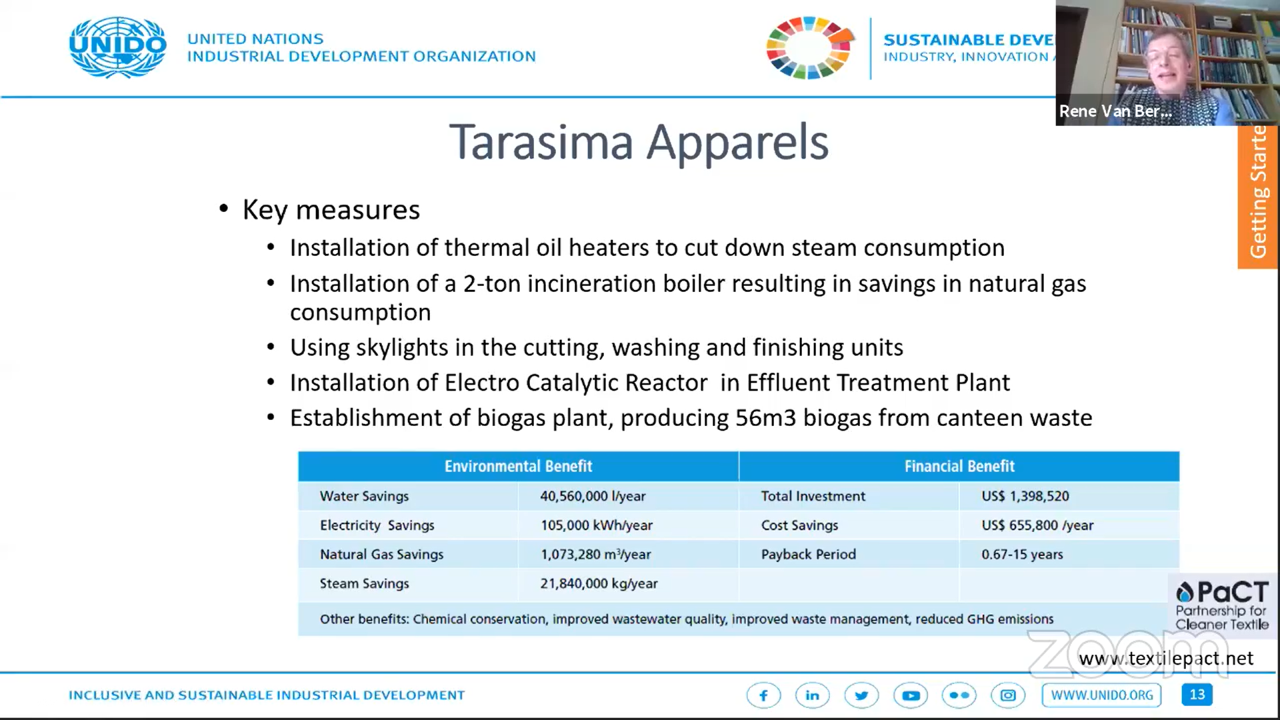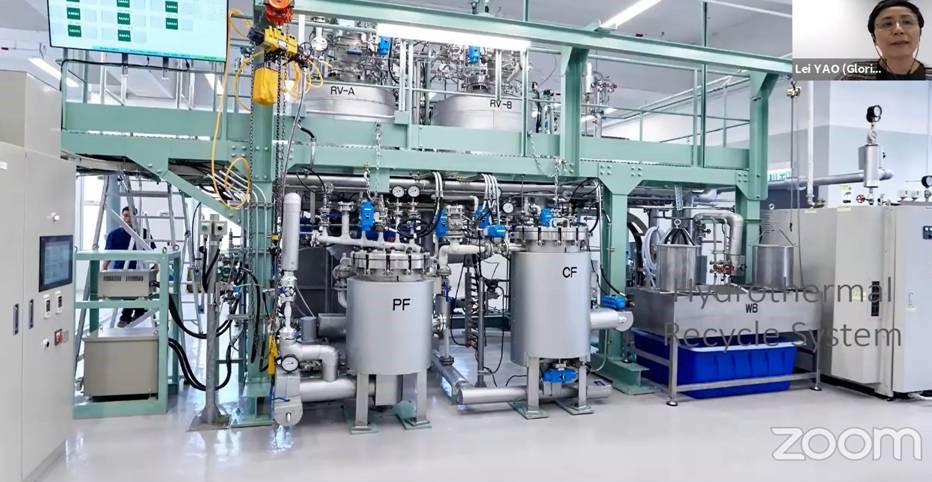News and Articles
DOST webinar brings international initiatives on textile sustainability during science week
When the COVID-19 pandemic hit the world, many industries have shifted in producing new normal essential products. And even the textile and fashion industry, has likewise pivoted to production of personal protective equipment (PPE) and face masks in response to the health and safety requirements against the virus.
Further, as the need for these protective clothing continues to rise, so are the effects on the environment when these are disposedafter a single use.
For the health sector alone, the World Health Organization (WHO) estimates a need for around 89 million disposable masks, which amounts to 100 billion masks a yearand a staggering 129 million single use face masks every month across all industries worldwide. This is only one facet of the environmental effects of fast fashion and single usage in textile, placing it as the second or third pollutant in the world.
Taking its part in helping the environment, the Department of Science and Technology (DOST) through its Philippine Textile Research Institute (DOST-PTRI), puts its best foot forward to develop products, processes and innovations that promote sustainability in the textile and related industries. And in light of the 2020 National Science and Technology Week celebration, DOST-PTRI held a webinar on different programs and developments in promoting textile and fashion sustainability.
The webinar aims to inform the public on the current global situation and developments in textile and fashion, specifically efforts made through science, technology and innovation that are geared towards the attainment of asustainableglobal textile industry. Dr. Rene van Berkel of UNIDO presenting one example of the tangible benefits on industry practice on textile sustainability.
In the first presentation, United Nations Industrial Development Organization (UNIDO) regional director and environmental scientist Dr. Rene van Berkel stressed that sustainability is not only highlighted on the rising need to massively produce protective clothes these days, but has been an issue even prior to the pandemic due to the ongoing concerns on industrial pollution, where textile is included.
While Sustainable Development Goal opportunities have not yet been mapped out for the textile industry in UNIDO, Dr. van Berkel shares that it obviously addresses 11 of the 17 UN General Assembly targets. He proposes to improve efficiency in the usage ofmaterials—chemicals, water, and energy, for example—in textile development and productionand to decrease the polluting effects of wastes from textile processing by improving innovations on energy and water disposal, treatment and recycling.
Further, proving the viability of Dr. van Berkel’s proposal are some textile manufacturing companies around Asia alone that have invested, innovated on and applied solutions to attain textile sustainability have in fact not only gained environmental benefits such as savings in water, energy and natural gas, but also experienced increase in investments, cost and payback.
Helping achieve these efficiencies in use of natural and chemical resources, and sustainable textile production are innovations such as advanced digital production, additive manufacturing/3D printing, recycling hacks and technologies, sustainable clothing, solution dyeing, and finishing technologies, to name a few. Dr. Lei Yao of HKRITA explains their innovation for textile recycling
Another innovation developed by The Hong Kong Research Institute of Textiles and Apparel (HKRITA) presented by its Project Development Director Dr. Gloria Lei Yao is the hydrothermal recycle system which separates and turns polyester and cotton blended fabrics from used clothes into new fiber for reuse on new textile production, as one of its many unique and key features. In fact this technology has been recently tested and used by mainstream brands such as H&M and Monki.
The HKRITA has also partnered with a local Hong Kong textile company to test their upcycling system for handling post-consumer textile waste for reuse on textile productionand their client attested to the quality the system still produced despite using recycled materials.
The upcycling is now starting to be known as the “Billie System” in Hong Kong. DOST-PTRI Director Celia B. Elumba shares textile innovation and industry overview in the Philippines.
Lastly, DOST-PTRI Director Celia B. Elumba talked about the Philippines’ community scale perspective for sustainable textile developments through DOST. One is the Institute’s flagship program on the development of natural textiles from plant and nature-based resources, where Philippines is rich. This addresses issues in synthetic materials that when disposed take time to decompose completely, not to mention its unnatural components that harmsthe environment.
The DOST-PTRI, together with its strong stakeholder partners, also boasts on its continuous efforts in establishing Regional Yarn Production and Innovation Centers (RYPICs), Regional Handloom Weaving Innovation Centers (RHWICs), and NatDyesHubsand Facilities that promote and utilize natural resources and processes all over the country.
"The Perfect Fit" is another project by DOST-PTRI that has a component, 3D scanner that gives textile designers, artists, retailers, and manufacturers easy access in the prototyping of their designs and products for evaluation before public offering. This project is part of the Institute's move to introduce modern technologies and innovations with the aim of becoming the first textile R&D laboratory in the Philippines.
“Traditional know-how, talent and skills are important but raw materials are critical. The goal is to link all of these programs for complete integration of the community and the textile ecosystem [and towards sustainability in textile and fashion],” Director Elumba stressed.
The DOST-PTRI is part of the rich community of DOST that showcases science, technology and innovation in its 2020 National Science and Technology Week. (By Lanquin Seyer R. Gacusan, DOST-STII)
FEATURED NEWS
17 NOV 2022
Sec. Solidum banners local technologies and innovations in the 2022 NSTW hybrid celebration21 OCT 2022
DOST showcases fishery, agro-forestry, ecotourism technologies during Caraga science fair
CONTACT US
Science and Technology Information Institute (STII)
Technology Application and Promotion Institute (TAPI)
(02) 837-2071 loc.2162
nstw.secretariat@gmail.com
(02) 837-2071 local 2148
nstwpromotions@gmail.com


